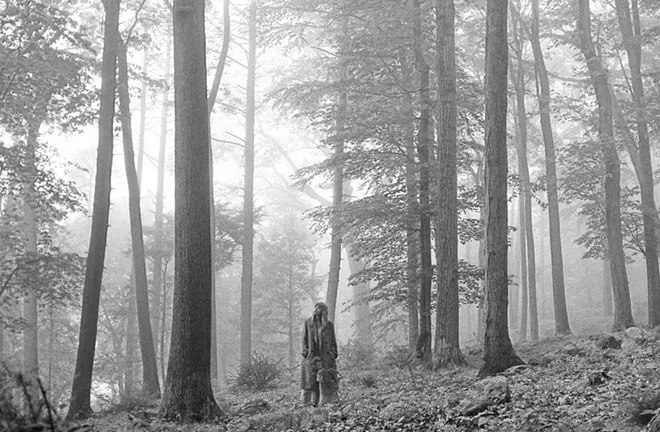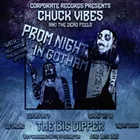Of all the criticisms leveled at Taylor Swift, never let it be said that she’s an underachiever. It should come as no surprise that she’s the only person who has been productive in the midst of this pandemic. Folklore, Swift’s eighth studio record, dropped unexpectedly a couple weeks ago, and it turns out to have a fitting title, because it’s the first album wherein she’s playing the role of storyteller rather than memoirist.
Swift’s lyrics have always draped a Top 40 veneer over details from her personal life, and fans have annotated her songs with the fervency of armchair detectives tracking a killer. Folklore is a veritable Easter egg hunt, but instead of dropping hints about her own loves and losses, Swift seems to be doing so with characters she’s created. This is no more apparent than in a trio of songs that each takes on the side of a teenage love triangle, although (ever the canny marketer) Swift has been loath to discuss which songs make up said trilogy. You have to figure it out.
This approach is at its best on “The Last Great American Dynasty,” a story-song inspired by heiress Rebekah Harkness, whose Rhode Island estate Swift now owns, and details how “a middle-class divorcee” married into a wealthy family and became a social pariah in her upper-crust town. “She had a marvelous time ruining everything,” Swift sings with relish.
But there are personal songs that put new ink in her trademark poison pen, particularly “Mad Woman,” which extends Harkness’s story into a rebuke of Scooter Braun, who Swift has publicly battled for the rights to the masters of her old recordings. “Epiphany,” meanwhile, is the only song that time-stamps Folklore as a mid-pandemic creation, with lyrics that shout out frontline medical workers and liken their sacrifices to Swift’s grandfather’s on the frontline of Guadalcanal. (It’s a tortured metaphor at best.)
Swift’s primary collaborator here is the National’s Aaron Dessner, with pop svengali Jack Antonoff and Bon Iver also making contributions. Musically, it’s more measured than previous releases, less beholden to the conventions of anthemic arena fillers.
It’s hardly the sonic departure some critics have made it out to be. What it does feature, though, are some of her most evocative and specific lyrical images, from the fleeting glimpse of an ex at a bus stop (“The 1”) to lovers meeting in secret behind the mall (“August”), to the venomous kiss-off in “This Is Me Trying”: “They told me all of my cages were mental / So I got wasted like all my potential.” And on “Peace,” the album’s penultimate track, she not only ties up the themes of the record but crafts an overarching distillation of her entire oeuvre: “All these people think love’s for show,” she says, before admitting, “I’d die for you in secret.”





















